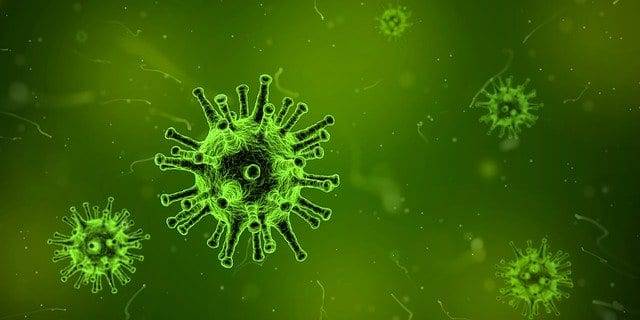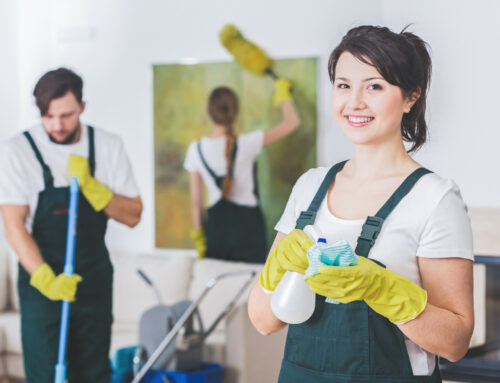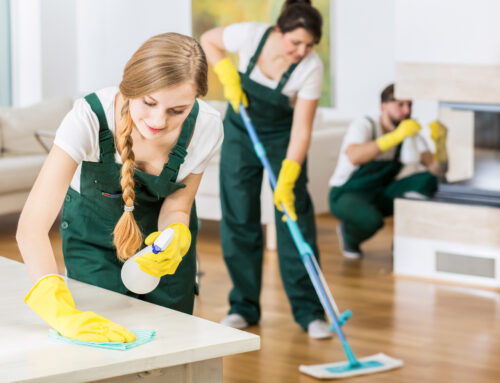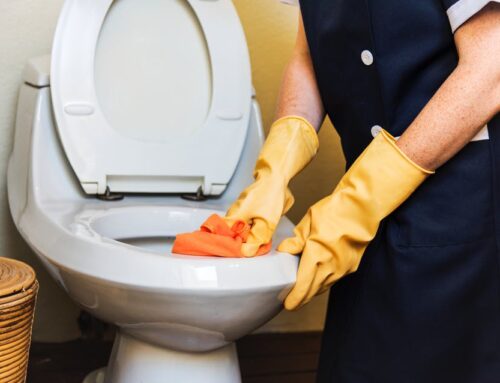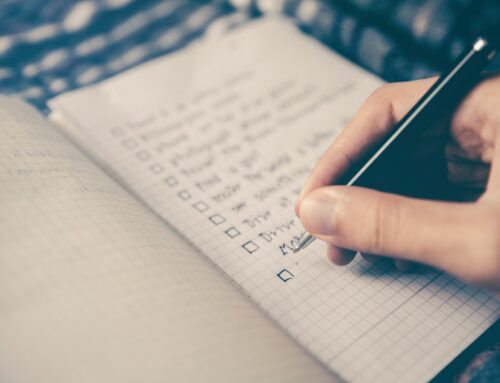Stay Informed and Have a Contingency Plan
The Centers for Disease Control and Prevention is advising people to be prepared for the COVID-19 because there is the possibility of an outbreak.
What does preparation for this outbreak mean? The important part is not panicking – but just be prepared.
This means having a contingency plan and also being prepared by planning for your family the good old-fashioned way. You should start by looking at what you normally do when there is a potential hurricane or any other natural disaster. What you do during that time is the same thing you need to do when preparing for the COVID-19 outbreak.
Below are some of the things that are going to help you get prepared and be ready in the event of the virus hitting the area you live in.
Is it a must to stock on food and medicine?
The main reason why people need to stock certain products is not that there will be shortages when the event hits, but it is something known as social distancing. When the outbreak hits, you need to do your best to avoid crowds to minimize the risk of getting the disease. If COVID-19 has been spreading in your local area, the last thing you want to do is going to a crowded drugstore or grocery store.
If you are on medication such as blood pressure pills, then you need to ensure you have enough pills to last you for a couple of weeks. It is important to first find out if the insurance provider can approve your extended supply.
You should also consider getting fever reducers such as ibuprofen or acetaminophen from your local drug store.
Buy non-perishable foods and store them in the pantry. The food should be enough to last you a couple of weeks. This means you won’t be forced to go out looking for food a couple of days after the virus hits your local area.
It is also a good idea to get sickbed foods by your sides, e.g. vegetable or chicken broth and crackers. This will help if someone falls ill. Staying hydrated is very important, which is why you need to get drinks like Gatorade and Pedialyte for kids (although there have been reports that kids are less vulnerable to COVID-19). If you happen to get sick, you will be able to ride it from the comfort of your home if need be. 80% of the COVAD-19 cases reported have been considered mild (it is like flu or cold symptoms)
Is there a need for special cleaning supplies?
Scientists are still out there trying to figure out the exact time coronavirus that causes COVID-19 survives on a surface. What they have been able to establish is that the coronavirus can be killed by most household cleaners like alcohol or bleach wipes.
Using soap and water to wipe down the surface is going to work too. This is because the coronavirus has a lipid enveloping it. Soap is known to break down lips, which is why it is used in taking oil and grease, which is a lipid, off the surfaces or dishes.
If the virus is confirmed to be in the community or someone is sick at home, then make sure you clean the surfaces that are frequently touched – such as bathroom faucets and kitchen counters – regularly. Many studies have shown cleaning the environment can help in decreasing the amount of virus on the hard surface.
What about face masks?
The science behind wearing a mask is still being debated because what is coming out is mixed. Some things can affect their effectiveness, e.g. the type of mask you have and whether you are using it correctly.
Experts have been a little reluctant to endorse this as a good preventive measure because it can give people a false sense of security.
One thing they experts have agreed on is that you need to wear it when sick to reduce the chances of infecting other people, whether it is your family members or people you meet throughout the day, including those at the doctor’s office. If you are living with someone with a compromised immune system or the elderly, then you should wear a mask because these are the people who are the most vulnerable to this virus.
There is some research suggesting that wearing a mask when taking care of a sick loved one can help in protecting you. However, you need to be very careful when removing the mask because you need to avoid the front, which could be contaminated.
What about work – and telecommuting?
If the COVID-19 is spreading in your community, it is the best time to talk to your employer about working from home. You should stay at home any time you are sick. But even when not sick, telecommuting makes sense if there is an outbreak because it reduces your chances of catching the virus.
This might be the best approach if possible. This is even more important for people living in big cities like New York, where many people are concentrated in one area e.g. public transport. The goal is minimizing contact with many people.
What to do if a get sick.
If you start showing the early signs of the illness – like dry cough or fever – then you should call your doctor immediately. You should not try to go to the emergency room immediately or sick urgent care because you might end up infecting other people.
You should look at the symptoms you are having because it can determine whether you will need more help or if it can be done over the phone. If you have other symptoms like dehydration or trouble breathing, you are going to need urgent medical attention.
What are some of the habits I can start practicing to stay healthy?
One of the habits every one in the household needs to start practicing is washing hands the moment they walk through the door.
There is a good chance you have heard that one of the most effective ways of protecting yourself against the virus – or flu or cold – is by practicing old-fashioned hand hygiene. Frequently wash your hands and also avoid touching your eyes, nose, and face. This is the same advice used in cutting down on the risk of respiratory infections.
Studies are showing that by washing the hands properly and frequently, a person can reduce the risk of catching the virus by 30 to 50 percent. You can use soap and water or alcohol-based hand gels to wash your hands. You don’t have to get antibacterial soap to reduce the risks. When washing your hands, make sure you completely scrub them for at least 20 seconds. A good trick to use when you want to know the time is by singing the “Happy Birthday” song twice.
It is also a good idea to practice good respiratory etiquette if you are not doing it already; when coughing, make sure you do it into your elbow so you don’t spew particles into the air (remember to wash your hands after coughing). Dispose of the tissue because they might have the virus particles.
The above tips will go a long way in helping you avoid the virus and decreasing the exposure to other people.
Stay Informed
One of the best resources we’ve found for regularly updated and easy to understand information about the Coronovirus and COVID-19 is from Stanford Health Care.




